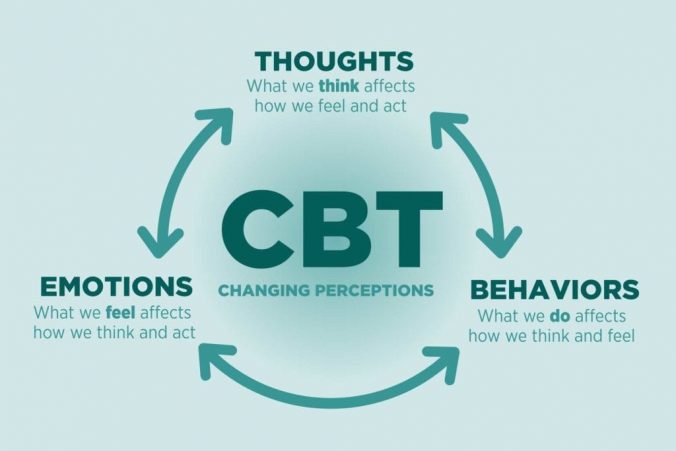Nail biting, also known as Onychophagia, is a common habit that can be caused by a variety of factors.
- Genetics: Nail biting can be genetic, with children more likely to bite their nails if their parents do.
- Anxiety: Nail biting can be a way for some people to cope with stress or anxiety.
- Boredom: Nail biting can be a way to keep hands busy when you’re bored, hungry, or need a distraction.
- Learned behaviour: Nail biting can be learned from family members.
- Damaged nails: Chronic nail biting can damage nails and the skin around them.
- Infection: Putting your fingers in your mouth can introduce bacteria into your body.
- Dental issues: The force of biting nails can damage teeth, gums, and the temporomandibular joint.
- Social and psychological consequences: Nail biting can decrease self-evaluation and increase concerns about how others perceive you.
We understand that habits – both good and bad – are usually established unconsciously, and operate unconsciously. Therefore will power is often insufficient to bring about changes in long established behaviours. If you want to get someone to stop carrying out a compulsive behaviour such as hair pulling, or nail biting, or whatever, change needs to take place at a much deeper level than just the conscious realization that biting your nails isn’t a nice thing to do.
You need to discover the original purpose of the habitual behaviour. What perceived need did that behaviour attempt, however inadequately, to meet and satisfy? And then you need to discover whether that need is still there. If it is not, the behaviour can be dropped, as it is no longer required. If it is, you need to explore what new, more appropriate, behaviour might meet that need as, or even more, effectively.
Only then will you be able to accept and integrate the necessary change.
Here is a sample hypnotherapy script for nail biting:
Induction
“Welcome to this hypnotherapy session, where you’ll learn to overcome the habit of nail biting. Find a comfortable position, either sitting or lying down, and take a deep breath in through your nose and out through your mouth.
Imagine yourself standing in a peaceful, relaxing place. It could be a beach, a forest, or a mountain meadow. Allow yourself to fully immerse in this scene, taking in the sights, sounds, and sensations.
As you breathe in, imagine fresh, calm air filling your lungs. As you breathe out, imagine any tension, anxiety, or stress leaving your body. Repeat this process several times, allowing yourself to relax more with each breath.
Deepening
“Now, I’d like you to imagine a gentle, soothing warmth spreading through your body, starting at the crown of your head and flowing down to your toes. As this warmth spreads, it’s calming your mind, relaxing your body, and quieting your nervous system.
Imagine yourself becoming heavier, more relaxed, and more calm with each breath. Your eyelids are growing heavy, and your body is feeling more and more relaxed.
Suggestions
“When you’re ready, imagine yourself being completely free from the habit of nail biting. You’re feeling confident, capable, and in control.
Repeat the following affirmations to yourself:
* I am in control of my actions and choices.
* I am capable of stopping nail biting.
* I am confident in my ability to overcome this habit.
Visualization
“Now, imagine yourself in a situation where you would normally bite your nails, but this time, you’re choosing to do something different. You’re choosing to take a deep breath, relax, and focus on your surroundings.
Imagine yourself engaging in a new, healthier habit, such as taking a deep breath, counting to ten, or doing a quick stretch. You’re feeling proud of yourself for making this positive change.
Counting and Awakening
“As you continue to relax and visualize yourself overcoming nail biting, I’ll count from five to one, and when I reach one, you’ll slowly open your eyes, feeling refreshed, renewed, and ready to take control of your actions.
Five… your body is relaxed, your mind is calm.
Four… you’re feeling more confident and capable with each breath.
Three… you’re imagining yourself succeeding in stopping nail biting.
Two… you’re feeling proud and happy with your progress.
One… you’re a confident and capable individual, ready to take control of your actions. Open your eyes, feeling refreshed and renewed.”
Post-Hypnotic Suggestions
“From now on, whenever you feel the urge to bite your nails, you’ll take a deep breath, relax, and focus on your surroundings. You’ll remind yourself of your confidence and capability to overcome this habit.
You’ll engage in healthier habits, such as taking a deep breath, counting to ten, or doing a quick stretch. You’ll feel proud of yourself for making this positive change.
Remember, you are in control of your actions and choices. You are capable of stopping nail biting. You are confident in your ability to overcome this habit.”
Remember to practice self-hypnosis regularly to reinforce these positive affirmations and to continue building your confidence and motivation to overcome nail biting.
